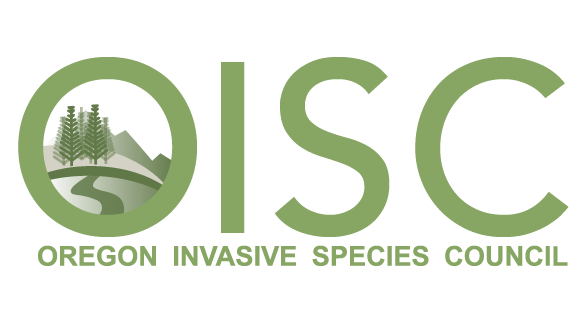Don't Pack a Pest: Let's Keep Agricultural Pests Out of Oregon!
/Insect and disease pests are a major threat to Oregon's agriculture. Food and agricultural products that are shipped in personal care packages or brought in airline passenger luggage can carry unwanted insects and disease pests into Oregon. A handful of federal and state partners are spreading the message to international travelers that you should always declare food, plants, and agricultural items to U.S. Customs and Border Protection and "Don't Pack a Pest" (DPAP). The DPAP campaign has an international reach and is coordinated at the national level by United States Department of Agriculture.
For Oregon's part, check out our recently released "Don't Pack a Pest" brochure on the OISC DPAP Campaign Page. A print version of this brochure has been distributed at the Portland International Airport and at various International Student Offices at Oregon Universities & Colleges.
Photo Credit: California Department of Food and Agriculture.
Image on the right is of Khapra beetle larva on grain kernel. The Khapra Beetle (Trogoderma granarium) is one of the world’s most destructive pests of stored grain products and seeds. Previous U.S. detections of this tiny beetle have required massive, long-term and costly control and eradication efforts. Established infestations are difficult to control because the beetle can survive without food for long periods, requires little moisture, hides in tiny cracks and crevices, and is relatively resistant to many insecticides and fumigants (From USDA APHIS).
Oregon-based DPAP partners meeting with Northwest Oregon International Educators. Photo Credit: Kayla Martin
Are you part of an academic institution? Learn more about what it means to be a DPAP Education and Research Partner with Oregon Sea Grant.
Have questions about the program or our outreach materials? Contact the OISC coordinator at: coordinator@oregoninvasivespeciescouncil.org.



